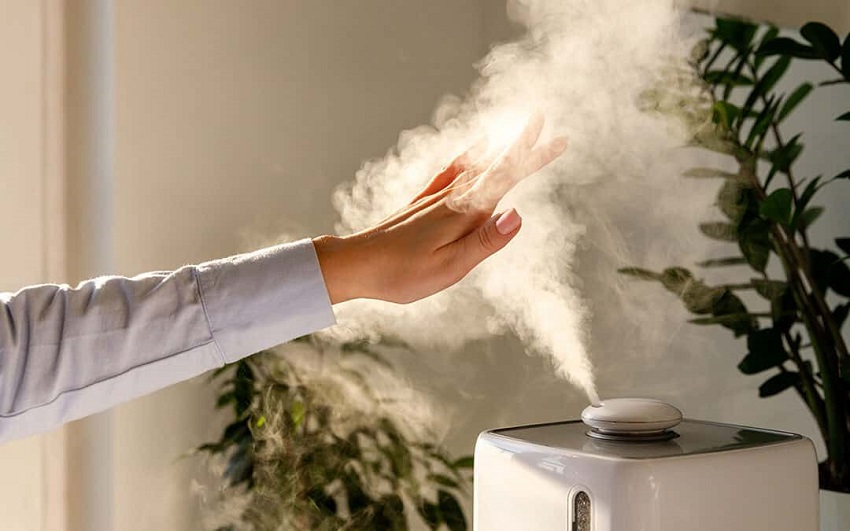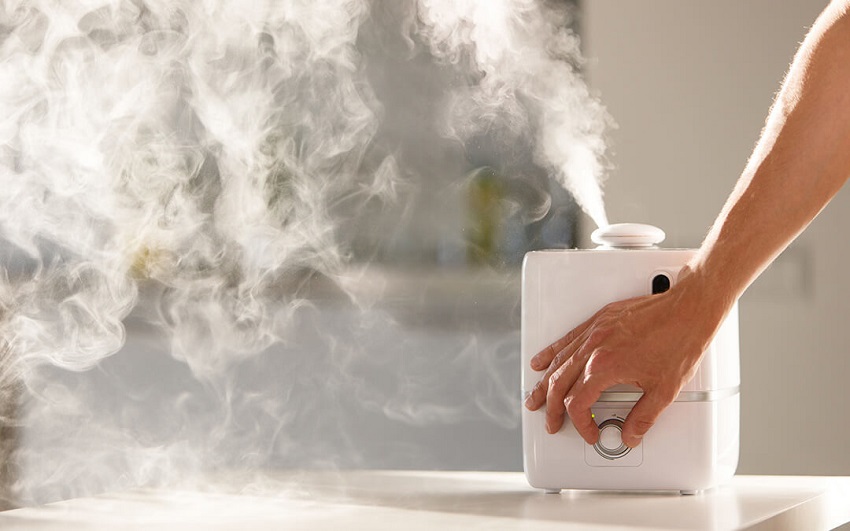Imagine waking up in the middle of the night, struggling to breathe, and feeling parched in the dry air of your bedroom. Many of us have experienced this uncomfortable sensation, especially during winter when the air tends to be drier. In such situations, a humidifier can come to the rescue. But does a humidifier help with oxygen? In this article, we will explore the relationship between humidifiers and oxygen levels, their benefits, and how they can improve your overall well-being. This content is provided by https://celb.org/
The Importance of Oxygen
Before we delve into the specifics of humidifiers, let’s understand why oxygen is vital for our bodies. Oxygen is an essential element required for our cells to function properly. It plays a crucial role in various bodily processes, including metabolism, energy production, and brain function. Without adequate oxygen levels, we may experience fatigue, dizziness, and difficulty concentrating. Explore humidifier for sleep apnea.
The Role of Humidifiers
Humidifiers are devices that add moisture to the air, increasing the humidity levels in a room or a specific area. They come in different types, such as cool mist, warm mist, and ultrasonic humidifiers. These devices release water vapor into the air, creating a more comfortable environment with higher humidity levels. While their primary purpose is to combat dryness, humidifiers indirectly contribute to maintaining healthier oxygen levels.
How Humidifiers Improve Oxygen Levels
- Moisturizing the Respiratory System: Dry air can cause dryness and irritation in the respiratory system, leading to discomfort and potential health issues. By adding moisture to the air, humidifiers help keep the respiratory system hydrated, facilitating smoother breathing and reducing the risk of respiratory ailments.
- Reducing Respiratory Symptoms: Humidifiers can alleviate symptoms associated with respiratory conditions such as asthma, allergies, and sinus congestion. Increased humidity can help soothe irritated airways, ease breathing, and reduce coughing and wheezing.
- Preventing Dryness: Dry air can cause dry skin, chapped lips, and dry nasal passages. Humidifiers combat these effects by adding moisture to the air, keeping your skin and nasal passages hydrated. This helps prevent discomfort and allows oxygen to pass through the nasal passages more easily.
- Improving Sleep Quality: Dry air can disrupt sleep by causing snoring, congestion, and dry throat, leading to restless nights. By maintaining optimal humidity levels, humidifiers can create a more conducive sleeping environment, ensuring better sleep quality and improved oxygen intake during sleep.
Choosing the Right Humidifier
When it comes to selecting a humidifier, there are a few factors to consider:
- Room Size: Determine the size of the room you want to humidify, as different humidifiers are designed for various room sizes. Choosing the right size ensures effective moisture distribution.
- Type of Humidifier: Consider the different types of humidifiers available and their specific features. Cool mist humidifiers are generally safer for households with children, while warm mist humidifiers can provide additional relief for congestion.
- Maintenance: Look for a humidifier that is easy to clean and maintain. Regular cleaning prevents the growth of mold and bacteria, ensuring clean and healthy moisture output.
- Noise Level: If you plan to use the humidifier in your bedroom or other quiet areas, consider models that operate quietly, allowing you to sleep or work without disturbance.
Conclusion
In conclusion, humidifiers play a vital role in maintaining comfortable indoor environments and indirectly contribute to improving oxygen levels. By adding moisture to the air, humidifiers moisturize the respiratory system, alleviate respiratory symptoms, prevent dryness, and enhance sleep quality. When choosing a humidifier, consider the room size, type of humidifier, maintenance requirements, and noise level to ensure the best fit for your needs. Incorporating a humidifier into your living space can help you breathe easier, sleep better, and ultimately enhance your overall well-being.
FAQs (Frequently Asked Questions)
Can a humidifier increase oxygen levels in the air?
While humidifiers improve humidity levels, they do not directly increase oxygen levels in the air. Their primary function is to add moisture to the environment, which indirectly enhances the comfort of breathing.
Can a humidifier help with respiratory conditions like asthma?
Yes, humidifiers can provide relief for respiratory conditions like asthma. By adding moisture to the air, they can soothe irritated airways and reduce symptoms such as coughing and wheezing.
Which is better, a cool mist or warm mist humidifier?
The choice between a cool mist and warm mist humidifier depends on personal preference and specific needs. Cool mist humidifiers are generally safer for households with children, while warm mist humidifiers can provide additional relief for congestion.
Can a humidifier alleviate dry skin and chapped lips?
Yes, humidifiers can help alleviate dry skin and chapped lips by adding moisture to the air. This helps keep the skin and lips hydrated, reducing dryness and discomfort.
How often should I clean my humidifier?
It is recommended to clean your humidifier at least once a week to prevent the growth of mold and bacteria. Regular cleaning ensures clean and healthy moisture output.
